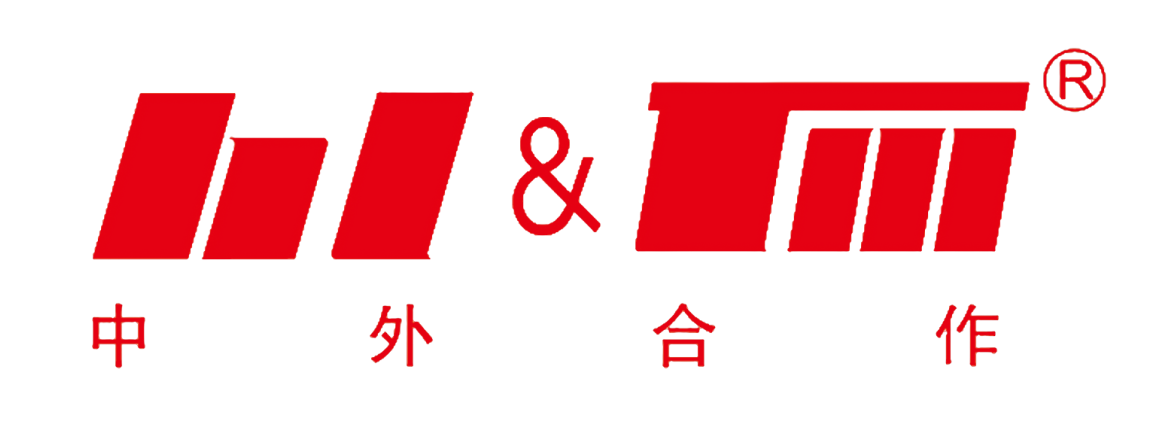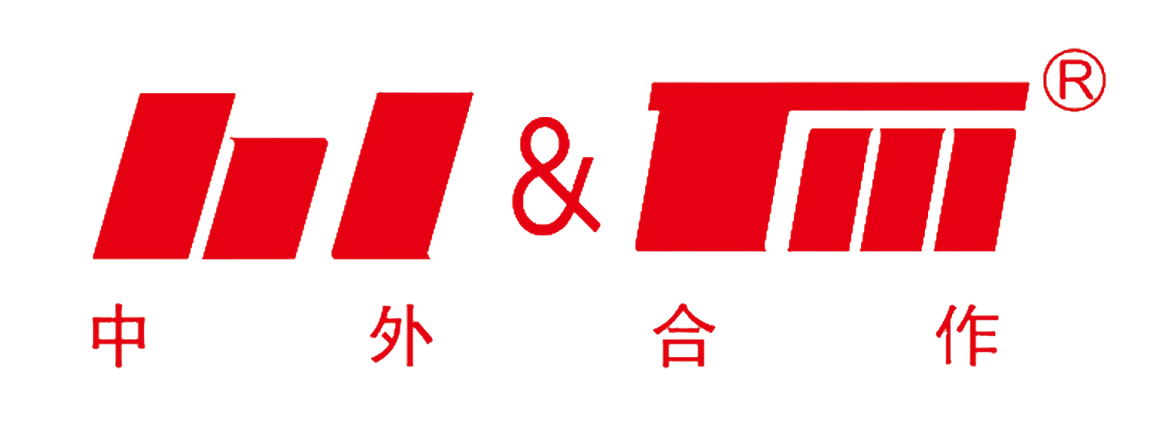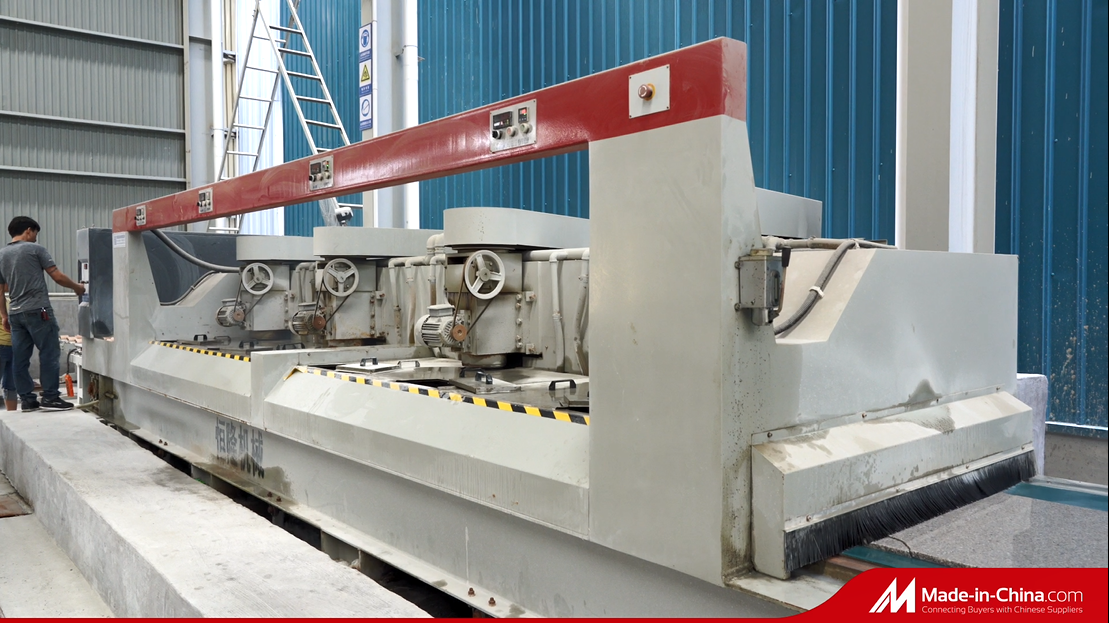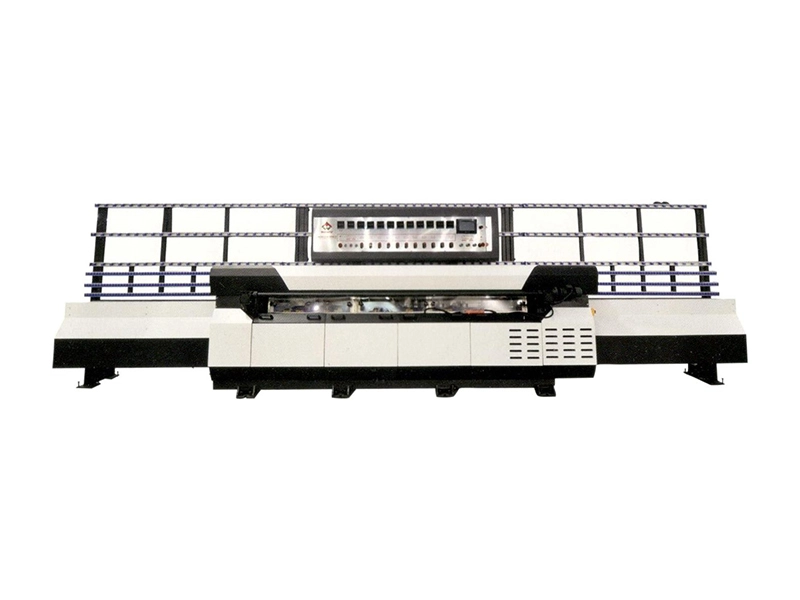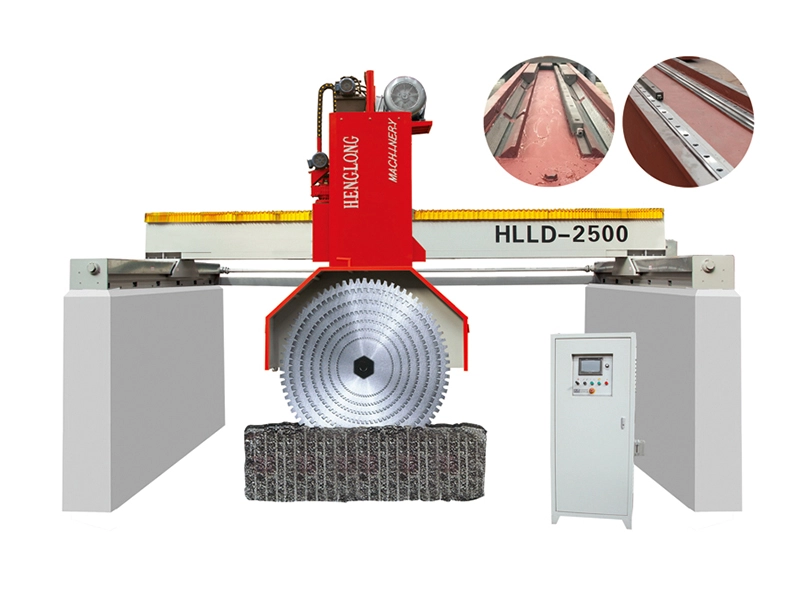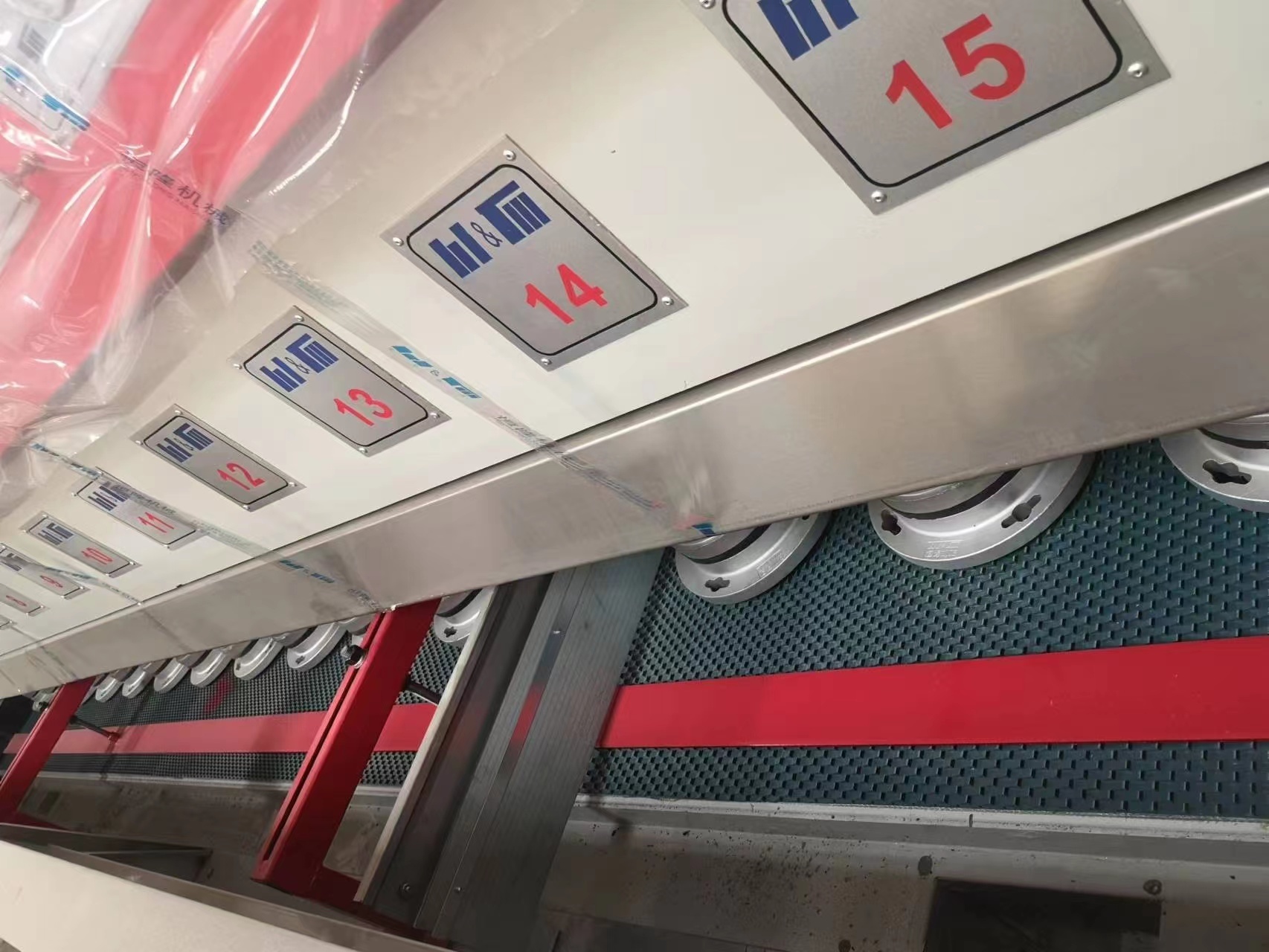ONLINE INQUIRY
*Note: Please be sure to fill in the information accurately, and keep the communication unblocked, we will get in touch with you as soon as possible
Unlock the Secrets of Precision: How a Stone Calibrating Machine Transforms Your Workflow
Time:
Jan 23,2025
Unlock the Secrets of Precision: How a Stone Calibrating Machine Transforms Your Workflow
Table of Contents
- 1. Introduction to Stone Calibrating Machines
- 2. The Importance of Precision in Stone Processing
- 3. How a Stone Calibrating Machine Works
- 4. Benefits of Using a Stone Calibrating Machine
- 5. Applications of Stone Calibrating Machines
- 6. Choosing the Right Stone Calibrating Machine
- 7. Maintenance Tips for Optimal Performance
- 8. The Future of Stone Calibrating Technology
- 9. Frequently Asked Questions (FAQs)
- 10. Conclusion
1. Introduction to Stone Calibrating Machines
In the world of construction and decorative materials, precision is paramount. Stone calibrating machines have emerged as crucial tools in ensuring that stone materials meet specific thickness and flatness requirements. These machines provide the necessary accuracy to enhance the quality of finished products, ultimately leading to higher customer satisfaction and reduced material waste.
2. The Importance of Precision in Stone Processing
Precision in stone processing is vital for various reasons. First and foremost, it ensures that the finished product meets the required specifications. Inaccurate measurements can lead to complications in installation, resulting in increased labor costs and potential project delays. Furthermore, precision affects the aesthetic appeal of stone products. Uneven surfaces or incorrect thickness can compromise the look and usability of tiles, countertops, and other stone features.
Impact on Customer Satisfaction
The demand for high-quality stone products continues to rise. Customers expect flawless finishes and perfect dimensions. Stone calibrating machines play an essential role in delivering these expectations, thereby enhancing customer satisfaction and loyalty.
3. How a Stone Calibrating Machine Works
A stone calibrating machine operates through a series of systematic processes. Typically, these machines utilize a combination of advanced technology and mechanical engineering to achieve accurate results.
The Calibration Process
The calibration process generally involves the following steps:
1. **Loading the Stone Slabs**: Operators place the stone slabs into the machine.
2. **Thickness Measurement**: The machine uses sensors to measure the thickness of each slab.
3. **Surface Planing**: The calibrating machine then utilizes specialized tools to plane the surface, ensuring uniform thickness throughout.
4. **Polishing**: Following calibration, the slabs undergo polishing to achieve a smooth finish.
Advanced Technologies in Calibration
Modern stone calibrating machines often incorporate CNC (Computer Numerical Control) technology, enabling operators to program specific dimensions and tolerances. This technology enhances accuracy and minimizes human error, further optimizing the calibration process.
4. Benefits of Using a Stone Calibrating Machine
Investing in a stone calibrating machine offers numerous benefits that can significantly enhance operational efficiency.
Increased Efficiency and Productivity
By automating the calibration process, these machines reduce the time and labor involved in manual calibration. This efficiency translates to a higher output rate, allowing businesses to take on more projects and increase revenue.
Consistent Quality
With a stone calibrating machine, businesses can ensure consistent quality across all products. This uniformity not only boosts brand reputation but also leads to fewer returns and complaints.
Reduced Material Waste
Accurate calibration minimizes material waste due to errors. By ensuring that each slab meets the specified dimensions, businesses save on both raw materials and associated costs.
5. Applications of Stone Calibrating Machines
Stone calibrating machines are versatile tools employed across various sectors within the construction and decoration materials industry.
Residential and Commercial Projects
These machines are widely used in both residential and commercial stone projects, including countertops, flooring, and wall cladding. Their ability to produce high-quality finishes makes them invaluable in creating aesthetically pleasing spaces.
Fabrication Shops
Fabrication shops benefit greatly from stone calibrating machines, as they streamline the process of preparing stone materials for installation. These machines help fabricators achieve the precise cuts and finishes necessary for successful installations.
Quarries
In quarries, calibration machines aid in processing raw stone blocks into usable slabs. This transformation is crucial for meeting market demands and ensuring the availability of high-quality stone products.
6. Choosing the Right Stone Calibrating Machine
Selecting the appropriate stone calibrating machine is essential for optimizing workflow and achieving desired results.
Factors to Consider
When choosing a stone calibrating machine, consider the following factors:
- **Machine Size**: Ensure the machine can accommodate the size of the stone slabs you typically work with.
- **Calibration Accuracy**: Look for machines that offer precise calibration capabilities.
- **Ease of Use**: A user-friendly interface can significantly reduce training time for operators.
- **Maintenance Requirements**: Consider the maintenance needs of the machine to avoid unexpected downtime.
Brand Reputation
Researching reputable brands and models can help you make an informed decision. Look for machines known for their durability and performance in the industry.
7. Maintenance Tips for Optimal Performance
Proper maintenance of stone calibrating machines is critical to ensure their longevity and performance.
Routine Inspections
Conduct regular inspections of the machine's components, including sensors, blades, and motors. Identifying issues early can prevent costly repairs down the line.
Cleaning and Lubrication
Keep the machine clean and lubricate moving parts as recommended by the manufacturer. This practice helps maintain efficiency and reduces wear and tear.
8. The Future of Stone Calibrating Technology
As technology evolves, so too does the capability of stone calibrating machines. Innovations such as artificial intelligence and machine learning are expected to play a more significant role in calibration processes.
Integration with Other Technologies
Future machines may integrate with other technologies, such as CAD (Computer-Aided Design) software, allowing for even greater precision and customization in stone processing.
9. Frequently Asked Questions (FAQs)
What is a stone calibrating machine?
A stone calibrating machine is a specialized tool used in the stone processing industry to ensure that stone slabs achieve uniform thickness and a flat surface.
How does a stone calibrating machine improve workflow?
By automating the calibration process, these machines reduce the time and labor needed for manual calibration, enhancing operational efficiency and increasing productivity.
What types of materials can be processed with a stone calibrating machine?
Stone calibrating machines are primarily designed for natural stones, such as granite, marble, and limestone.
Are stone calibrating machines easy to operate?
Most modern stone calibrating machines feature user-friendly interfaces, making them accessible for operators with varying levels of experience.
What maintenance is required for a stone calibrating machine?
Routine inspections, cleaning, and lubrication are essential for maintaining the performance and longevity of stone calibrating machines.
10. Conclusion
In the competitive landscape of construction and decorative materials, utilizing a stone calibrating machine can drastically transform your workflow. By enhancing precision, increasing efficiency, and ensuring consistent quality, these machines stand out as invaluable assets in the stone processing industry. As technology continues to advance, the capabilities of stone calibrating machines will only improve, making it essential for businesses to stay informed and adapt to the latest innovations. Embracing these tools can pave the way for success and elevate your operations to new heights.
RELATED NEWS
